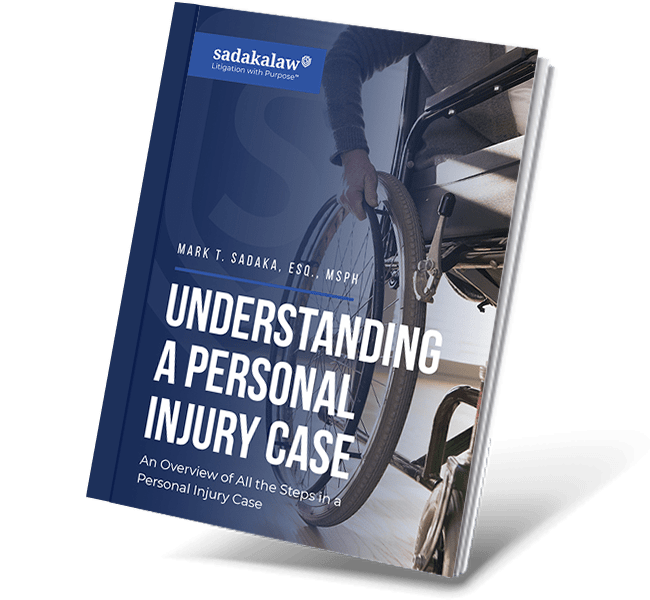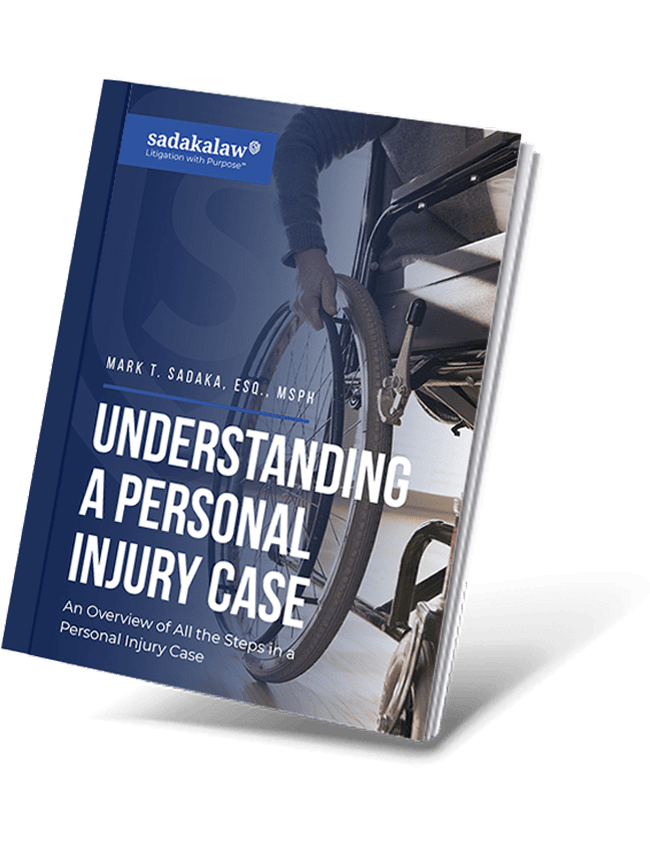
The use of medical marijuana is now legal in many states as there has been an overall trend of liberalization of drug laws in many states. While a handful of states have fully legalized marijuana, New Jersey is not one of them, although medical marijuana is legal in the state. The increasing use of cannabis presents issues when it comes to employment law. Employees may still be fired when they fail a drug test because marijuana is in their system. However, the New Jersey Supreme Court has now ruled that employees cannot be fired when a drug test reveals marijuana in their system so long as it was used for medicinal purposes.
The Plaintiff Was Fired from His Job at a Funeral Home
In this case, the plaintiff was working as a funeral director. The plaintiff was diagnosed with cancer and qualified for the use of medicinal marijuana, which was legalized in New Jersey in 2016. The plaintiff was on the job and driving when the car he was driving was involved in an accident. The crash was not the plaintiff’s fault as the other driver ran a stop sign. The plaintiff was not under the influence of drugs at the time of the accident but he did tell the attending physician at the hospital that he had the license to legally use the drug. However, his employer informed him that he needed a drug test to return to work. When a drug test found marijuana in his system, he was fired from his job. When he was terminated, the reason that was given was that he had failed to inform his employer of his drug use.
Several months after the firing, the plaintiff’s mother reported hearing that her son was fired because he was a drug addict. Rumors were spreading about the plaintiff at professional association meetings.
The Plaintiff’s Original Case Was Dismissed
The plaintiff filed a lawsuit against the funeral home that fired him, alleging that they violated anti-discrimination laws by firing him for his medicinal marijuana usage. However, when the case went in front of the trial court, it was dismissed. The trial court held that there was no provision of the state’s discrimination laws that gave protection for medicinal marijuana users.
The plaintiff appealed the dismissal of the case. The Appellate Court reversed the dismissal of the case. The reversal was rooted in the fact that the condition that required him to use marijuana was a disability in itself. In other words, the issue was not that he was a drug user, but that there was a reason for his drug use that was protected under discrimination laws.
Employees Can Use Medicinal Marijuana But Must Be Drug-Free at Work
To be clear, the Appellate Court did not require an employer to allow an employee to use medical marijuana at work. In fact, if an employee shows up to work under the influence of marijuana, they could be terminated, even if a disability required their drug usage. This is true if they operate a vehicle at work with marijuana in their system.
The issue here is whether the state’s anti-discrimination laws provided a possible cause of relief if the employer failed to accommodate the employee’s necessary usage of medical marijuana. Still, the court faced the challenge of reconciling the anti-discrimination laws with other employment laws. The approach that the Appellate Court took in protecting the underlying disability while allowing the lower to demand that employees remain drug-free at work harmonized the two.
The Supreme Court did not write a decision of its own in the case. Instead, it affirmed the Appellate Court’s decision and endorsed its reasoning. The Supreme Court held that the plaintiff had validly stated a claim. This does not necessarily mean that the plaintiff has won the case. Instead, it means that the case would be sent back to the trial court for a full trial because the dismissal of the case was reversed.
Big Victory for New Jersey Employees
For those who need to use medical marijuana in New Jersey, this case represents a big win. There are approximately 70,000 medicinal marijuana users in the state who previously risked the same fate as the plaintiff if their employer objected to their use. Now, companies in New Jersey must even cover the costs of medical marijuana usage. Even the New Jersey Attorney General’s Office had joined the case advancing the plaintiff’s position.
Now marijuana would have the same status as any other prescription opiate painkiller. Employees are permitted to use these so long as they are not under the influence of them on the job. Just because marijuana is a drug does not mean that its users should not have the same protections because the substance is legal to ease the pain that patients feel.
Many New Jersey employees were already protected from being fired from their jobs for medical marijuana usage even before this latest court decision. In 2019, changes were made to the program to protect employees from being fired from their jobs for their participation in the medical marijuana program. The reason why this particular plaintiff needed to file a lawsuit was that he was fired from his job before the protections were instituted. Prior to this court decision, people who had a license to use medical marijuana were not grandfathered into the rule changes.
For the plaintiff, this means that his lawsuit is reinstated. His firing has left an unfortunate and indelible mark on his career. Several years after his firing, he is still looking for a job in his industry. As for New Jersey, the governor is still trying to expand marijuana usage in general in the state by completely legalizing it, but he has run into roadblocks in the state legislature.
If you feel that you have been discriminated against at your place of employment, you may file a lawsuit against your employer. Suing your company for discrimination is not always easy as you can see from the description of the above case. Thus, you will need an employment attorney on your side to help you take your case to court.


